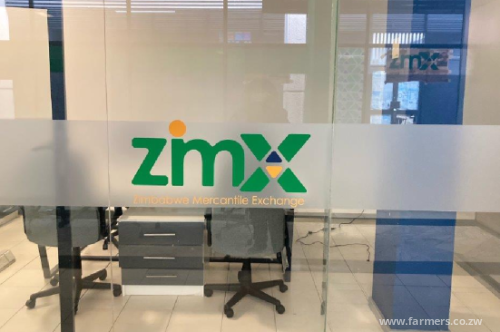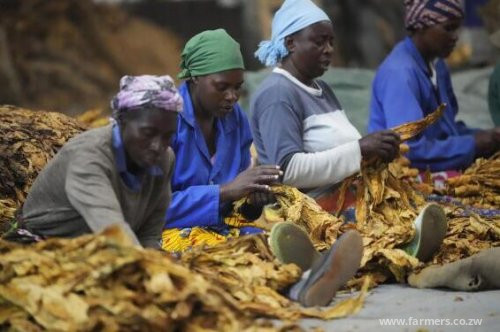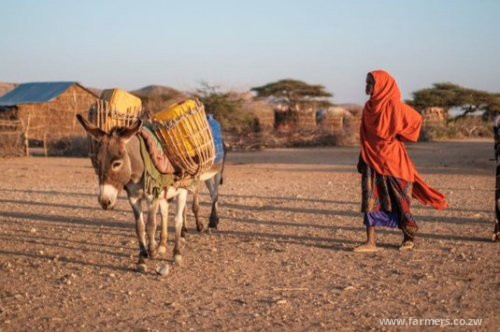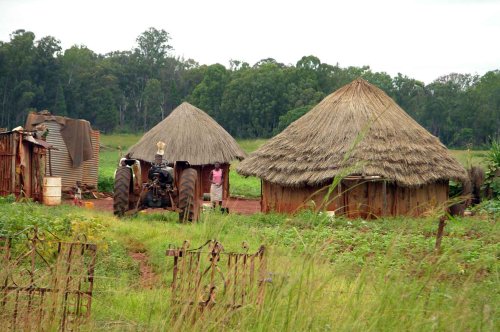Zimbabwe permits resettled farmers to sell land seized during land reform
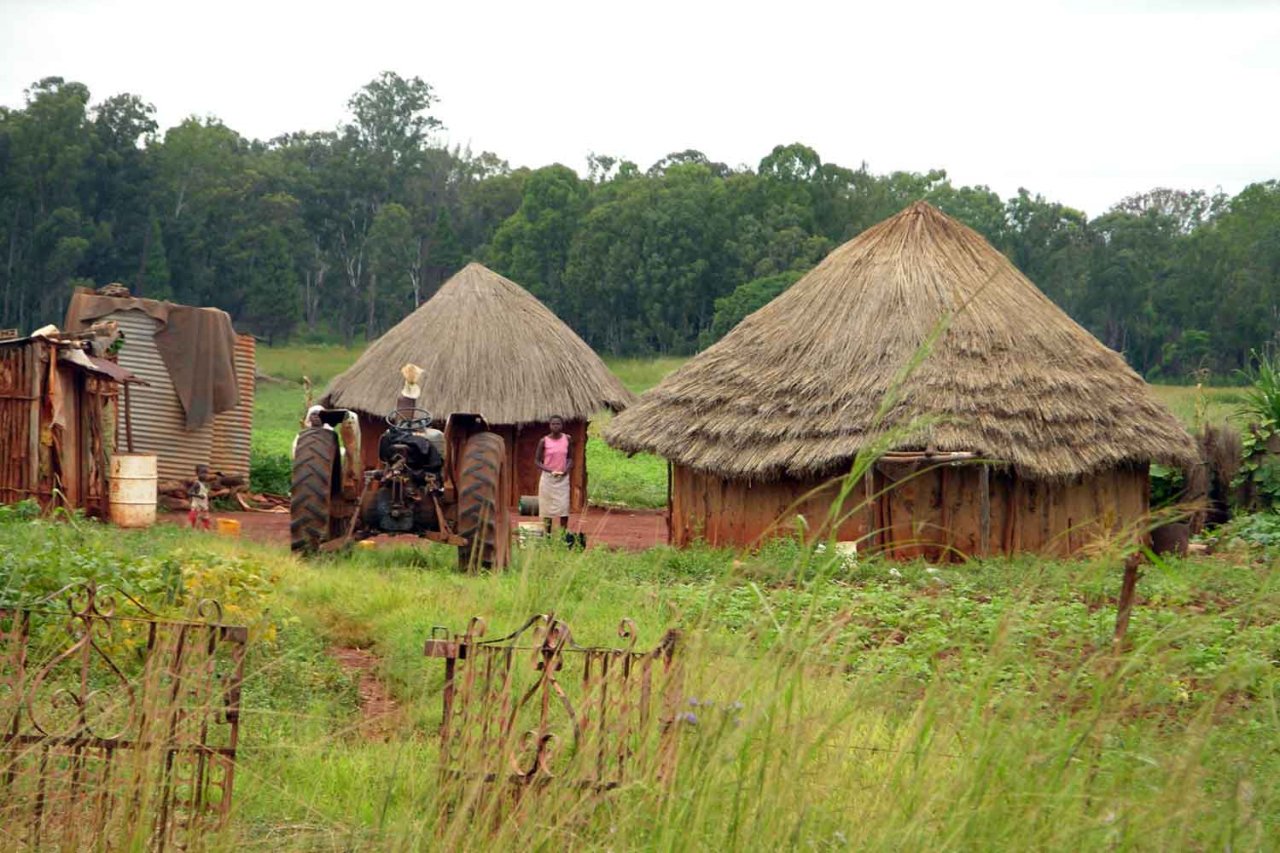
Land reform beneficiaries leave government in huge debt as new land ownership policy unveiled
HARARE – Zimbabwe's government announced a major shift in its land policy on Tuesday, allowing land reform beneficiaries to sell or transfer their farms—but only to "indigenous Zimbabweans."
This move, aimed at "unlocking value," comes as the government grapples with massive debts accumulated due to unpaid agricultural loans from the very farmers it assisted.
Beneficiaries of the land reform program, launched in 2000, will now be issued with a “bankable, registrable, and transferable document of tenure,” according to Information Minister Jenfan Muswere.
He said the government was simultaneously putting an “indefinite moratorium on the issuance of any new 99-year leases or permits for agricultural land.”
The announcement appeared to herald the end of Zimbabwe’s land reform programme which saw large swathes of land being seized from white landowners and parcelled out free of charge to indigenous blacks.
Muswere noted that while the land reform program was designed to transfer land ownership from white farmers to black Zimbabweans, many of the beneficiaries have struggled with productivity and are now leaving the government saddled with significant debt.
“The government has since 2008 put in place various programmes to assist farmers to be productive on the land. The support includes the Baccossi Inputs and Mechanisation Equipment; Maguta and the Special Grains Import Substitution Programme among others,” he said.
“In the second republic, the country has witnessed and benefited from the government’s deliberate and complementary policy of incorporating accelerated infrastructure development which includes road construction and rehabilitation incorporating the much needed rural roads; dam construction; irrigation and housing development.”
He added: “While our people are endowed with agricultural land resulting from progressive government policies, they continue to grapple with the following challenges: 1. Difficulty in accessing affordable, appropriately structured and adequate finance for sustainable commercial agriculture.”
He continued: “2. In the absence of security of tenure, the farmers are not sufficiently motivated to invest adequately and to develop robust infrastructure on their farms to enhance sustainable production. 3. The threat to land tenure, especially to successors entitled to land held by beneficiaries of the land reform programme (such as children or war veterans) arising from inheritance and fraudulent succession issues.
“4. While the government conceived and implemented these positive programmes, there have been varying levels of accountability from the farmers with a significant proportion of the farmers feeling no obligation to pay back loans advanced. Consequently, the government has remained saddled with debt emanating from unpaid agricultural loans by many farmers.”
“5. The menace of land barons who have little or no regard for our town and country planning laws and policies has put a strain on the local authorities’ infrastructure. The land barons develop haphazard and unplanned settlements with no basic services such as water, electricity, sewer reticulation and storm water drainage.
“Against this background and in line with section 292 of the constitution read together with sections 289, 293 and 294 that obligates the state to give security of tenure to every person and to alienate for value agricultural land among other requirements, the government will implement the following measures:”
The government also plans to unlock urban land for development in line with its Vision 2030 goal of establishing an upper-middle-income economy. This includes commercializing u…

